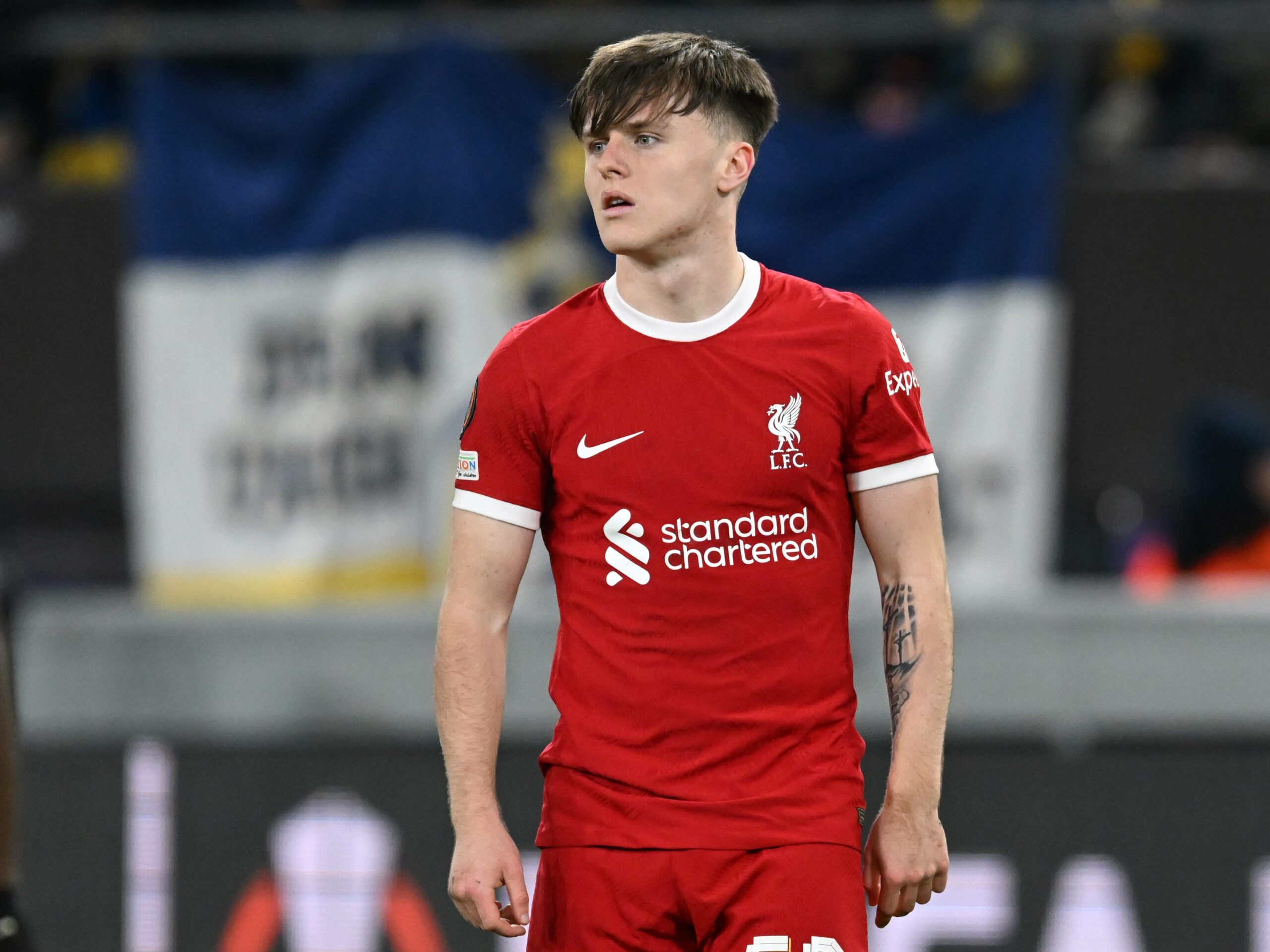Examining Liverpool’s Youth Policy: David Lynch Shares Insight on Potential Moves
Liverpool Football Club has always been known for its rich history and its focus on nurturing young talent. Recently, David Lynch spoke on the Anfield Index’s ‘Media Matters’ podcast about the future of some promising youngsters at the club. His insights reveal a strategy that might surprise many Liverpool supporters.
Liverpool’s Changing Approach to Young Talent
David Lynch’s discussion centred around the potential moves of Bobby Clark and Ben Doak, two young players whose futures at Liverpool are under speculation. Lynch noted, “Again, these sort of players won’t reach their full potential at Liverpool because the game time just isn’t there.” This statement underscores a critical challenge at big clubs: finding enough playing time for emerging talents amidst a star-studded roster.
For Bobby Clark, Lynch expressed surprise at Liverpool’s decision-making process. He mentioned, “It’s a bit of a surprise that Liverpool haven’t looked for a loan deal for him.” The rejection of a bid from RB Salzburg doesn’t close the door on Clark’s departure, as Lynch clarified, “Even though this bid has been rejected, it’s still an active possibility that he will go.”

Ben Doak’s Uncertain Future
Turning to Ben Doak, Lynch’s comments painted a picture of a club caught between its historical nurturing of youth and a new, perhaps more ruthless approach. “I am slightly surprised that this decision about a permanent move has been made,” Lynch said, referencing the club’s willingness to discuss Doak’s future. Jurgen Klopp’s previous praise of Doak as “almost a guaranteed future starter” contrasts sharply with the current openness to negotiate his exit, suggesting a strategic pivot at Liverpool.
Lynch speculated on the possible outcomes: “It’ll be interesting to see whether a bid comes in for him or whether he just goes out on loan, but clearly they are open to talking at the right price.”

Strategic Shifts at Liverpool’s Academy
Lynch also touched on the broader context of Liverpool’s academy operations. Last season, he talked about a “golden era for the academy,” a sentiment that still holds, but with a caveat. “You’re never going to get six or seven coming into the first-team at one time,” he pointed out. This reality frames the purpose of the academy not as a constant supplier of first-team regulars but as a developer of occasional breakthrough talents like Jarell Quansah and Conor Bradley.
This approach, Lynch argues, might not allow every young player to reach their full potential within Liverpool’s system. “It would be very difficult for them to break into the first-team plans and even as squad players, are they really going to hit their true potential? Probably not.”
Implications for Liverpool’s Future
What does this mean for Liverpool and its youth strategy? The club appears to be recalibrating its approach towards its young players. The potential departures of talents like Clark and Doak could signal a new phase where economic realities and the competitive nature of top-tier football take precedence over the idealistic nurturing of youth.
Liverpool’s management seems to be positioning itself to balance the development of its academy products with the harsher demands of Premier League competitiveness and financial pragmatism. This might disappoint some who favour the romantic notion of a home-grown team conquering all, but it could strengthen the club’s position in the cutthroat environment of modern football.
In conclusion, Lynch’s insights from the ‘Media Matters’ podcast highlight a Liverpool that is evolving, possibly at the expense of some promising careers but perhaps to the benefit of the club’s broader ambitions. This strategic pivot will be crucial to watch as it unfolds, potentially setting the tone for how elite clubs manage their burgeoning talents in the future.



